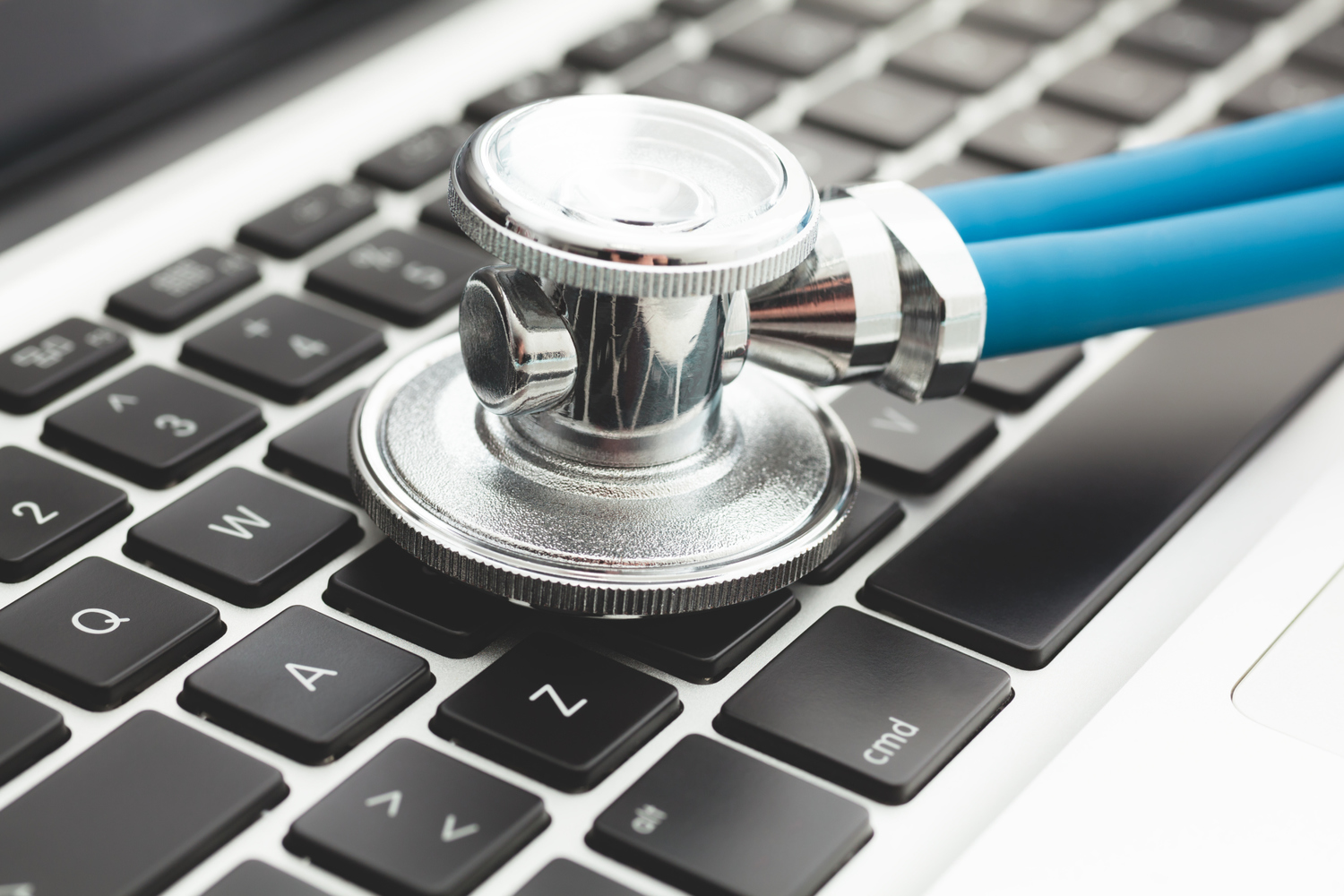
Yael Grauer writing for The Atlantic:
We leave digital traces about our health everywhere we go: by completing forms like BetterHelp’s. By requesting a prescription refill online. By clicking on a link. By asking a search engine about dosages or directions to a clinic or pain in chest dying???? By shopping, online or off. By participating in consumer genetic testing. By stepping on a smart scale or using a smart thermometer. By joining a Facebook group or a Discord server for people with a certain medical condition. By using internet-connected exercise equipment. By using an app or a service to count your steps or track your menstrual cycle or log your workouts. Even demographic and financial data unrelated to health can be aggregated and analyzed to reveal or infer sensitive information about people’s physical or mental-health conditions.
All of this information is valuable to advertisers and to the tech companies that sell ad space and targeting to them. It’s valuable precisely because it’s intimate: More than perhaps anything else, our health guides our behavior. And the more these companies know, the easier they can influence us.
The existing laws on the books are nothing more than suggestions that depend on the enormous companies that benefit from having access to this sensitive data to self govern. We all know how that is going to work out. It’s time the laws designed to protect our health information caught up.